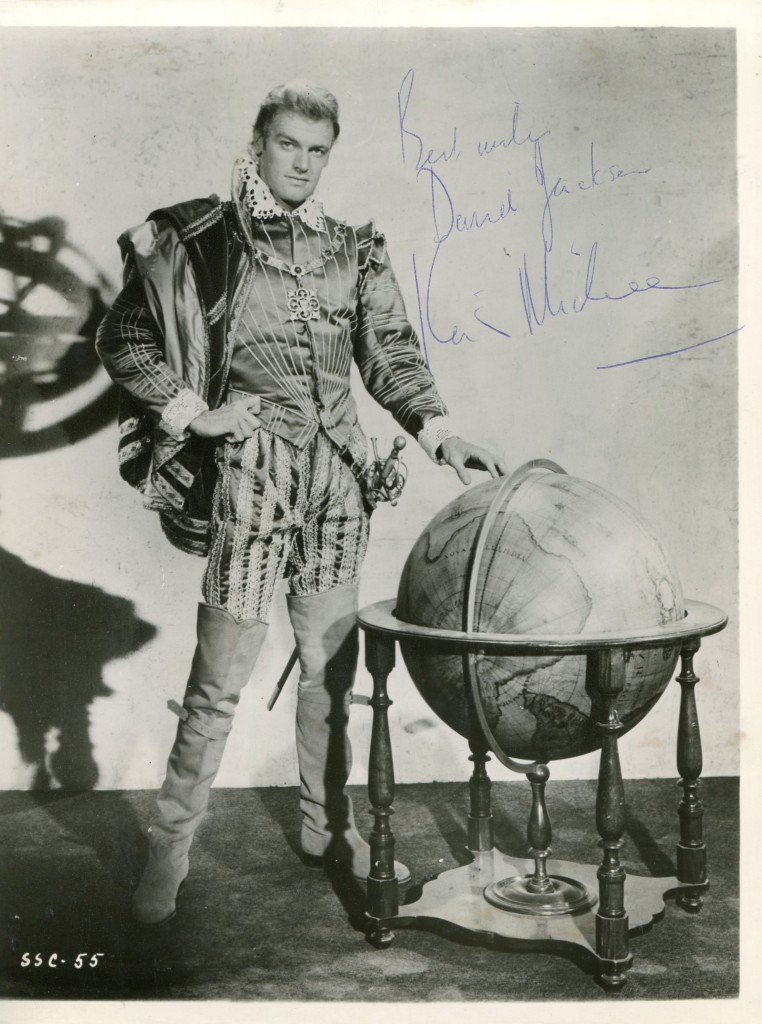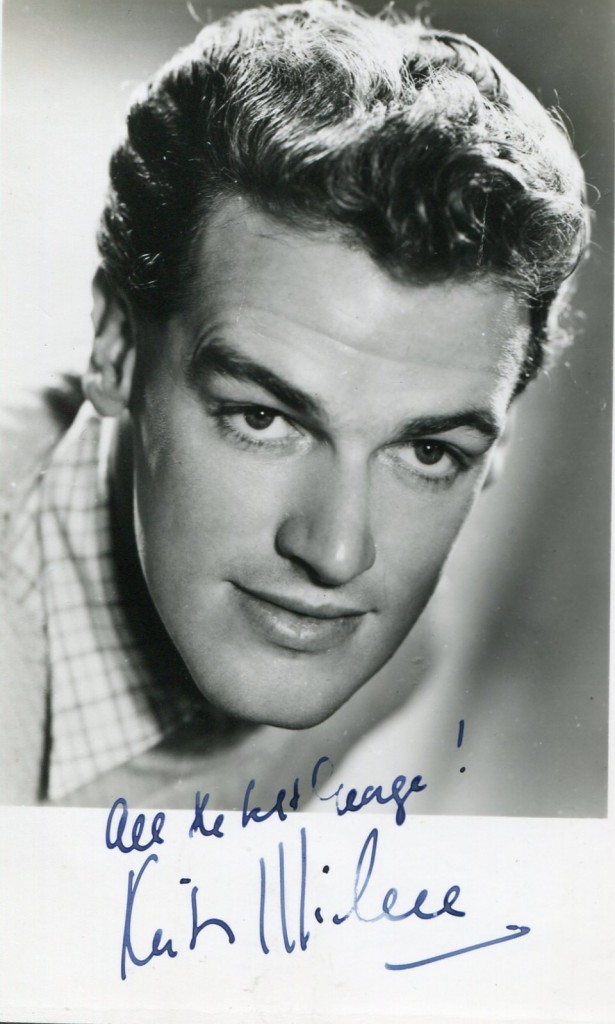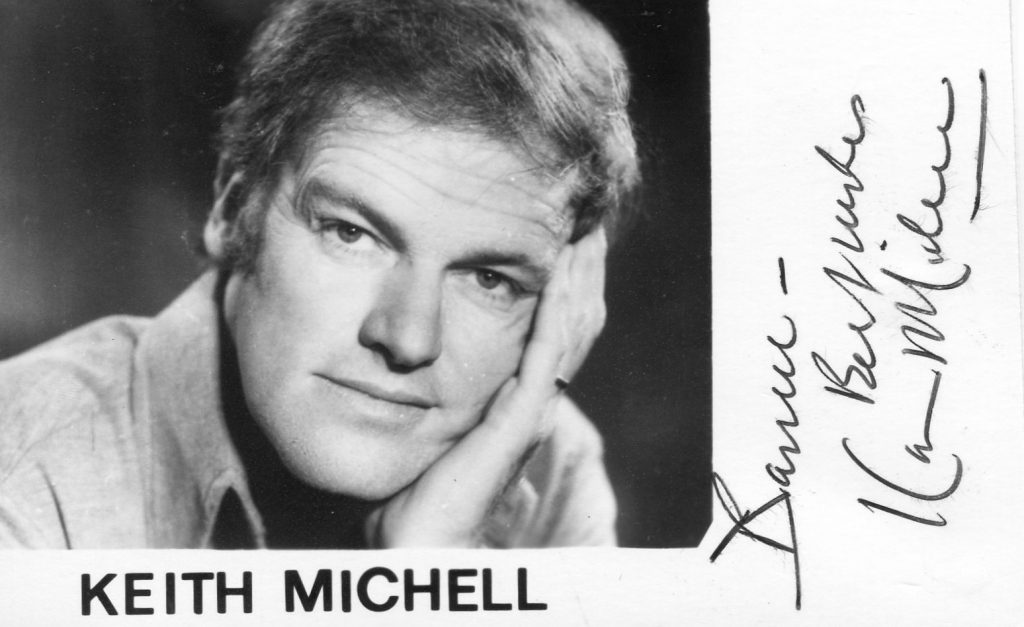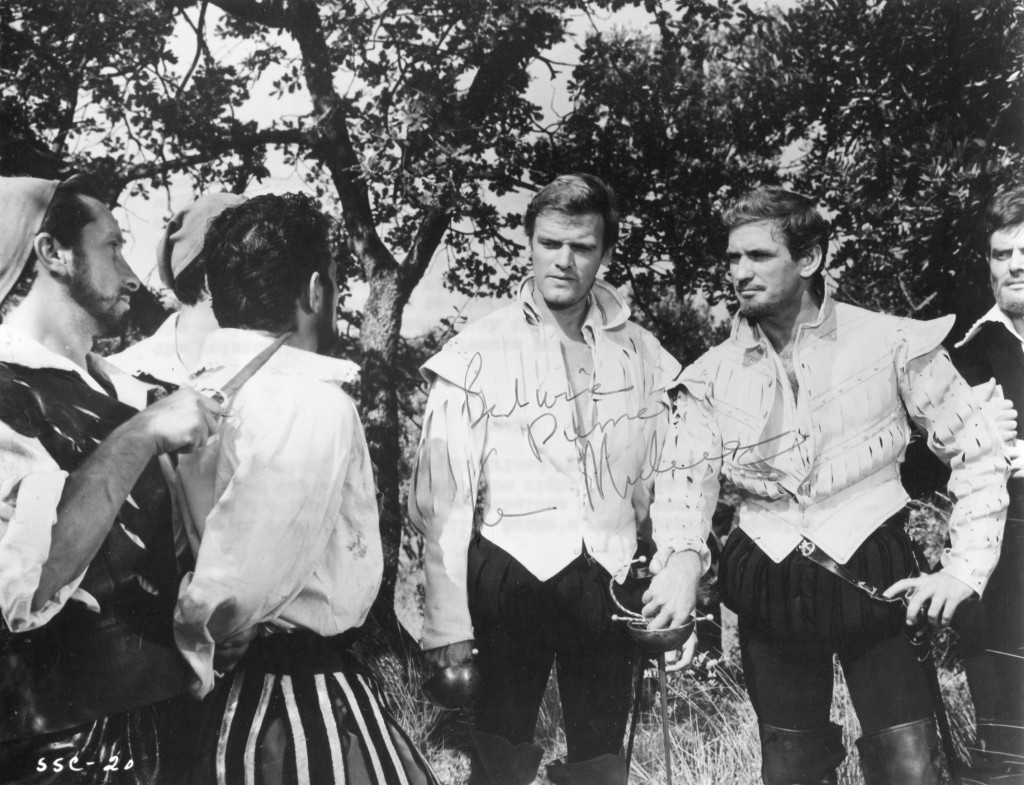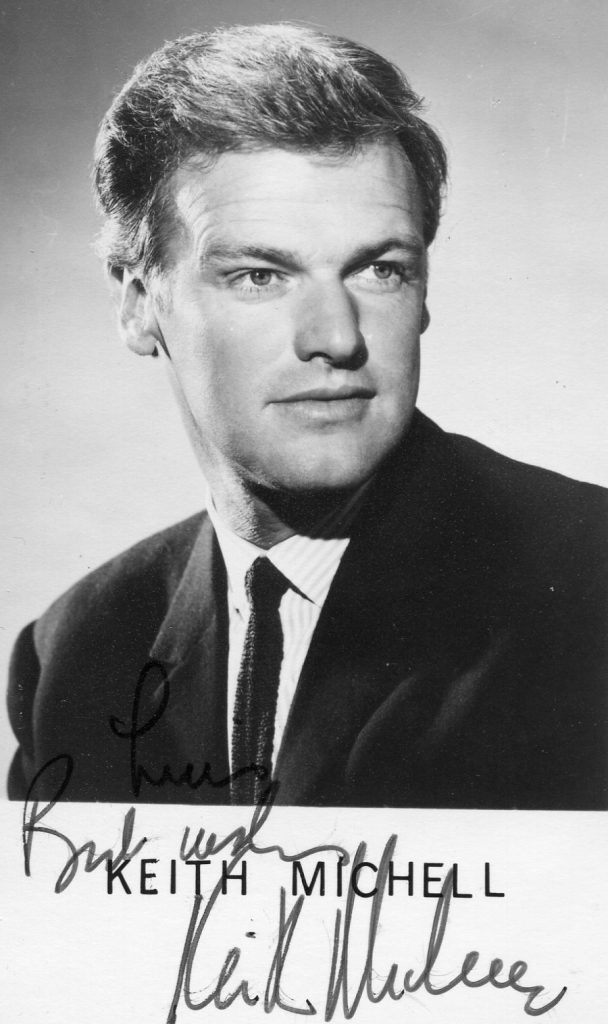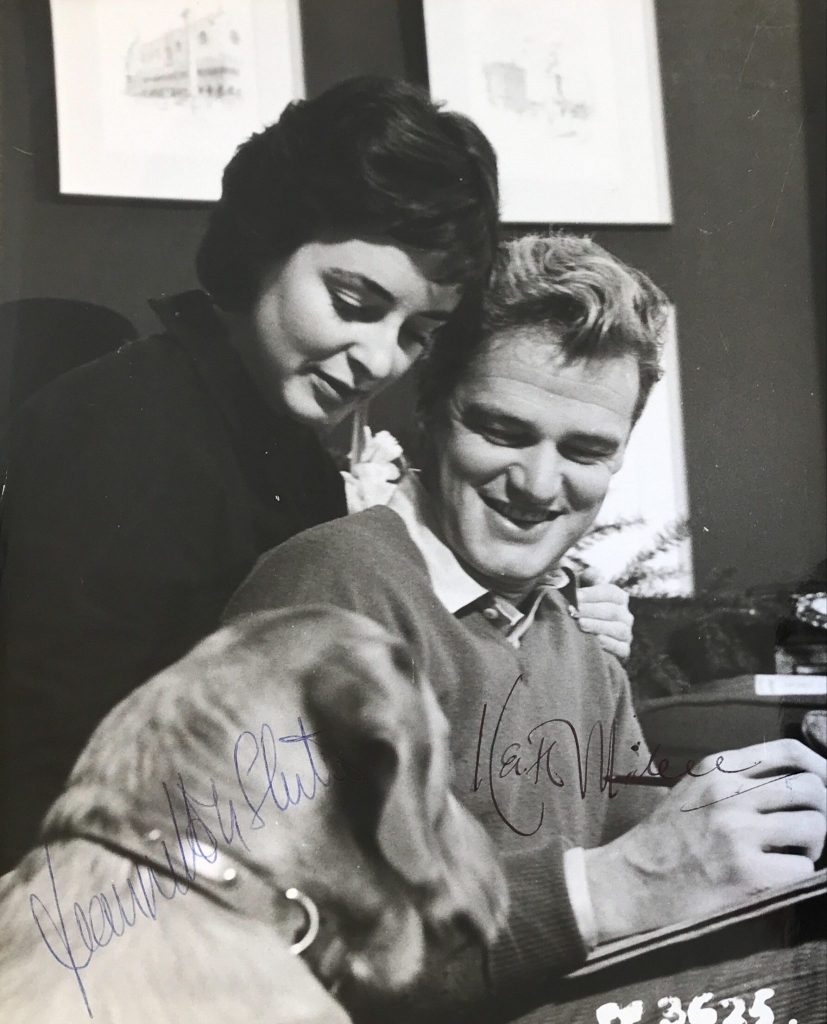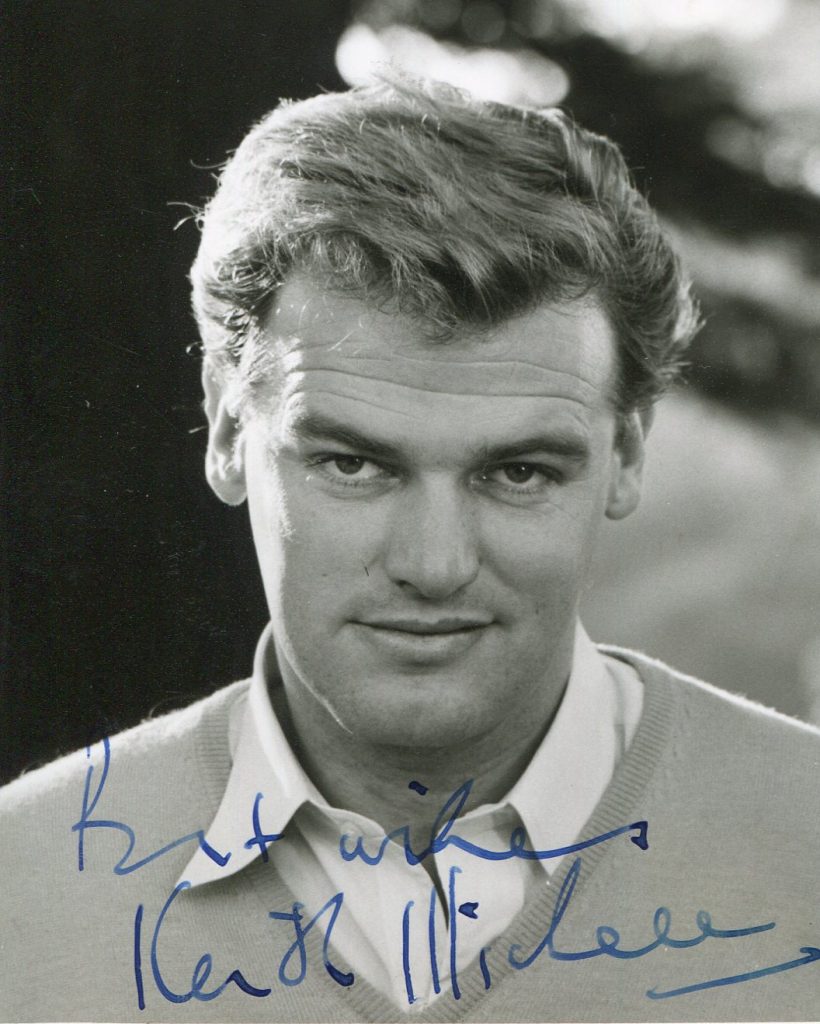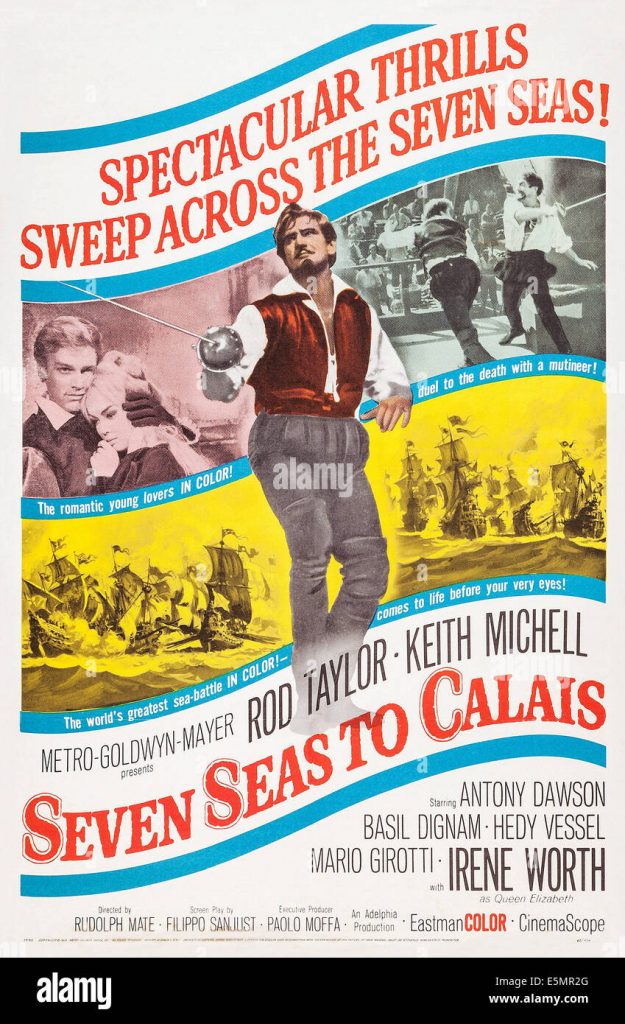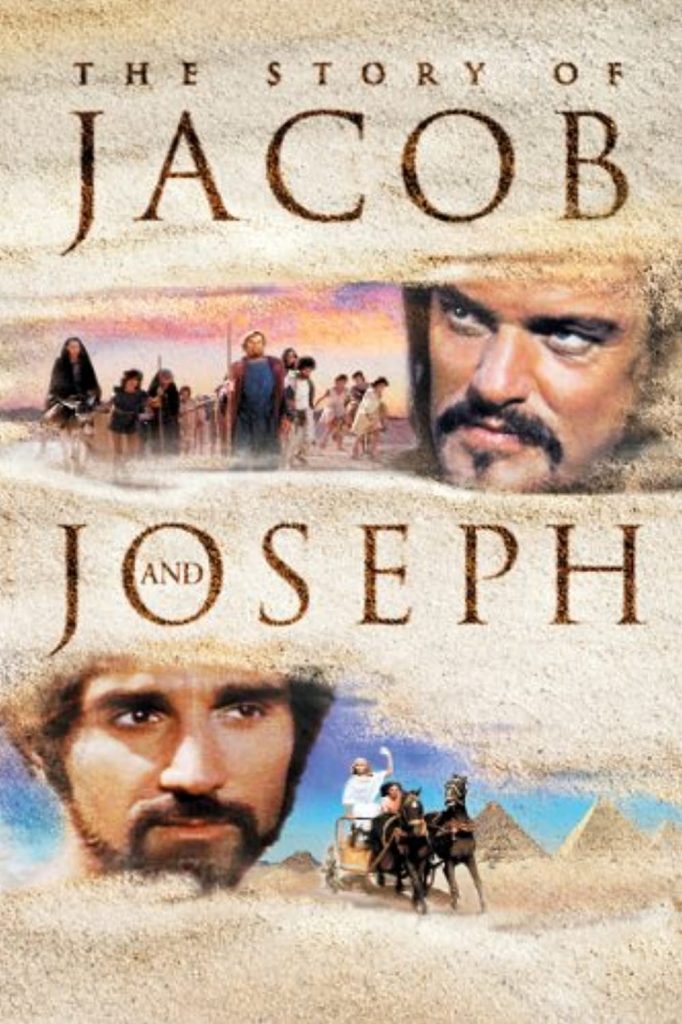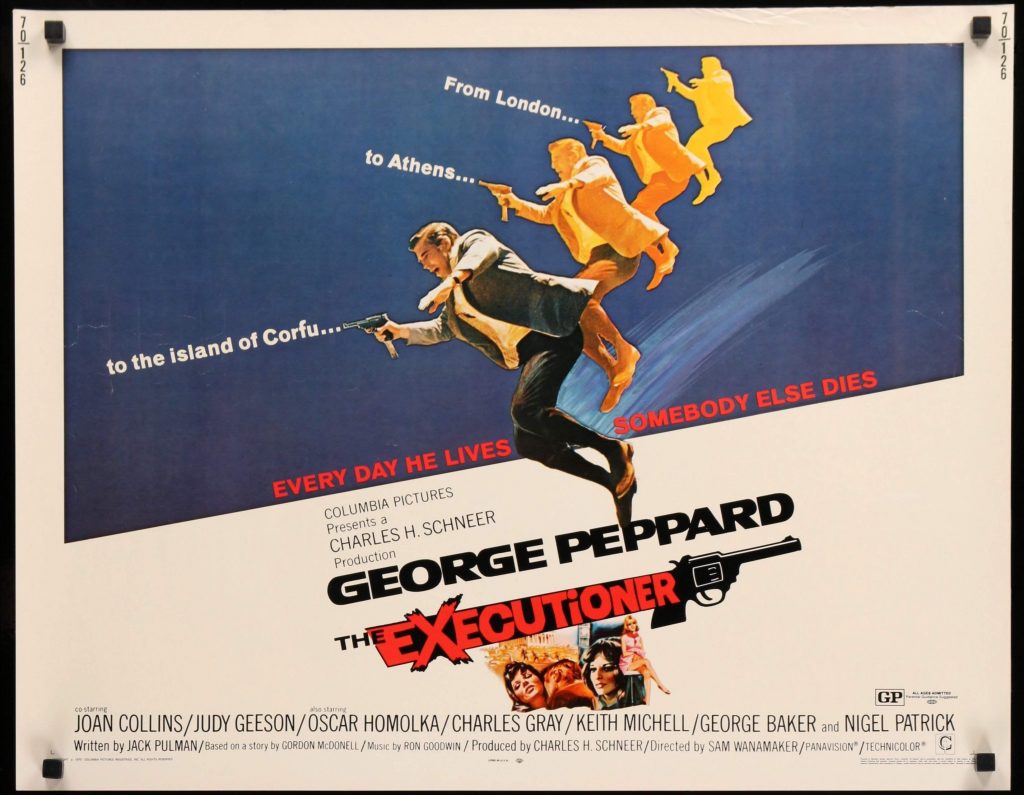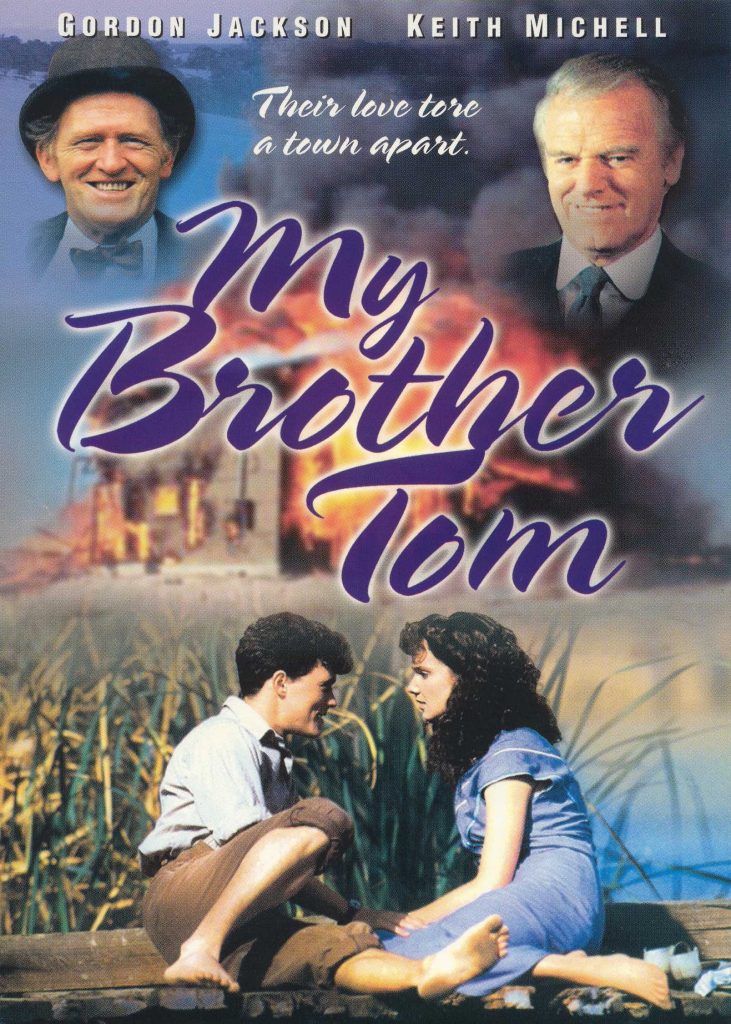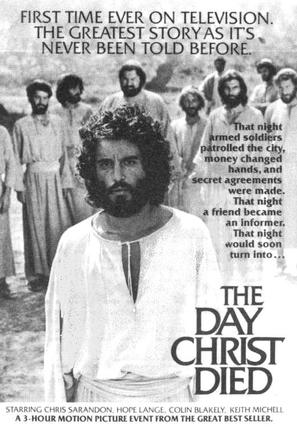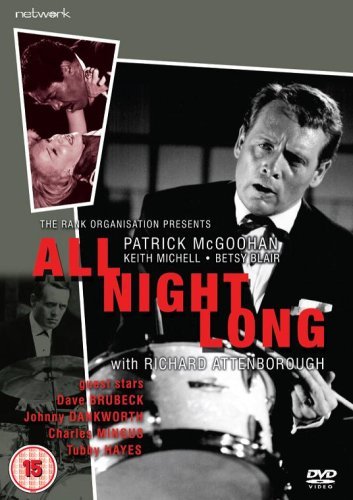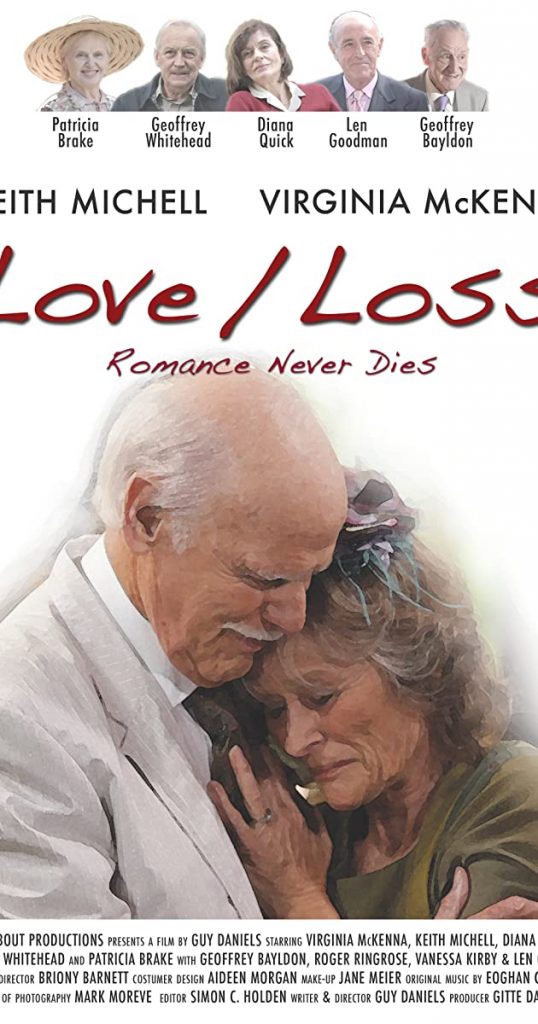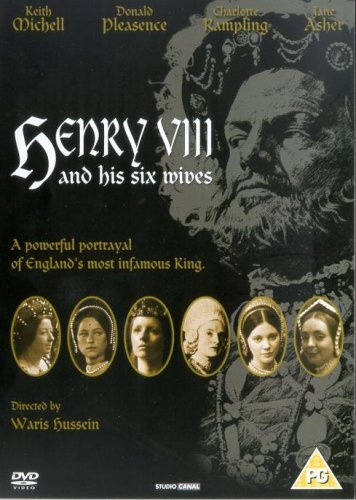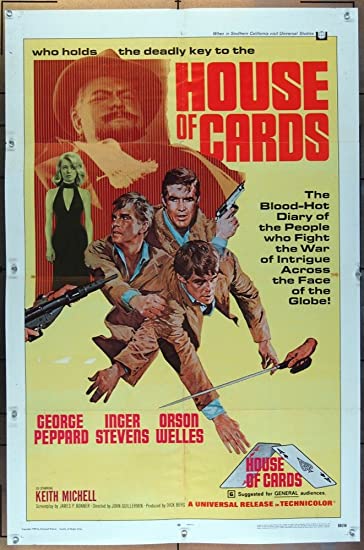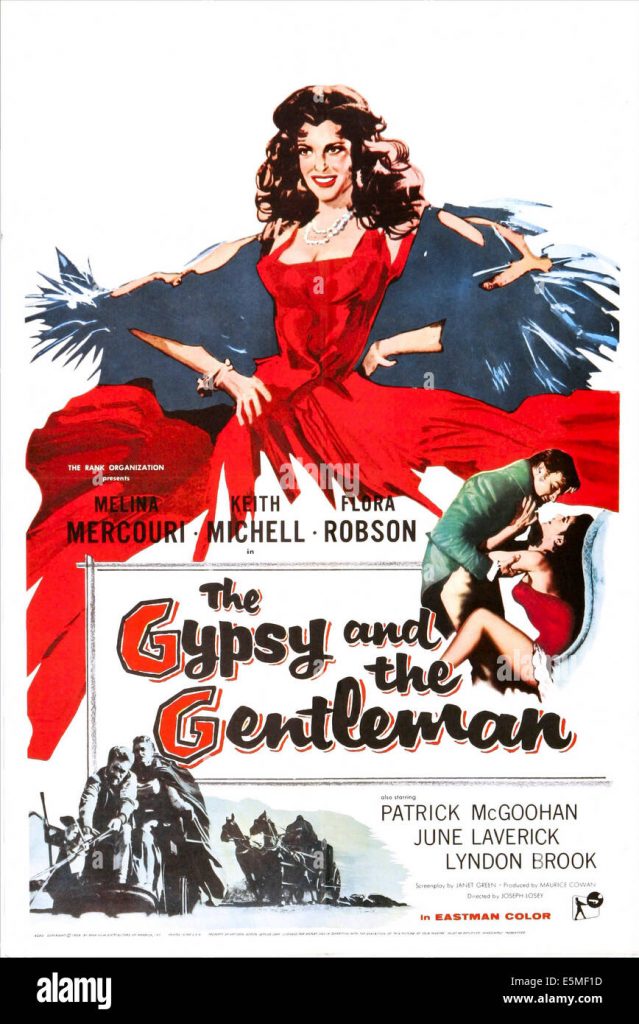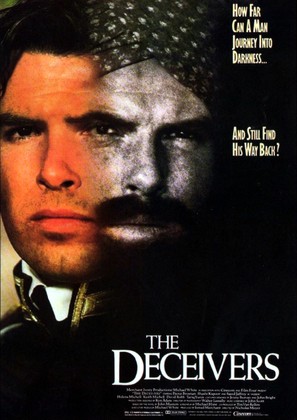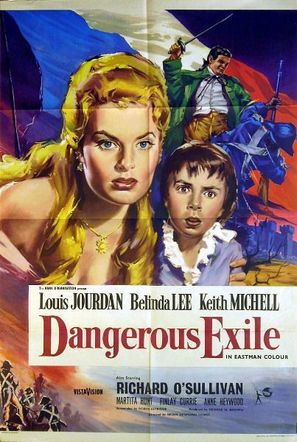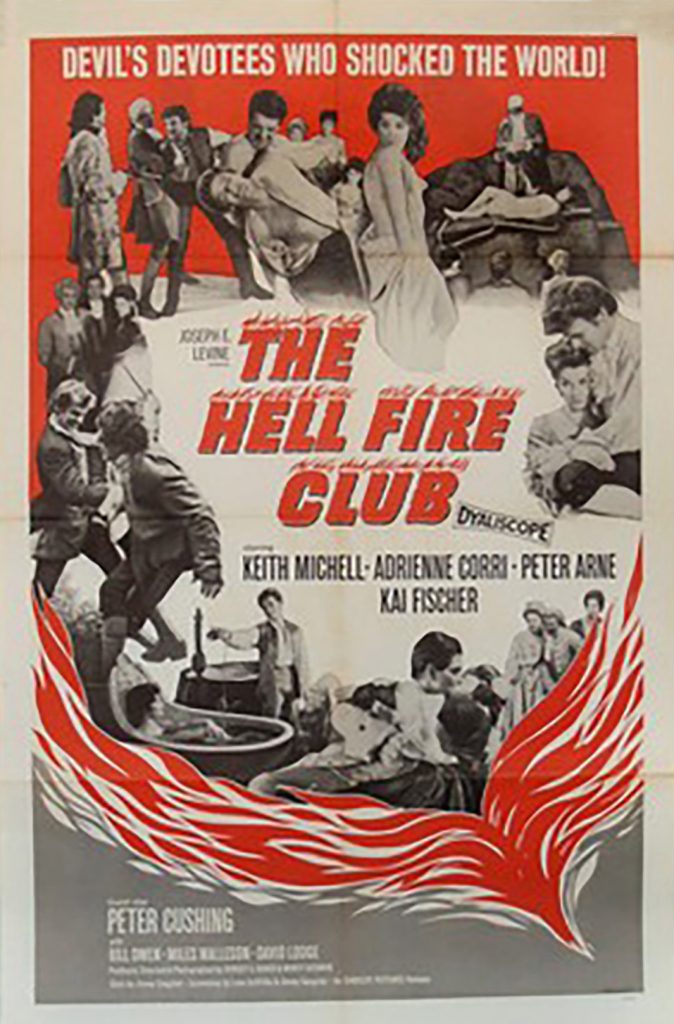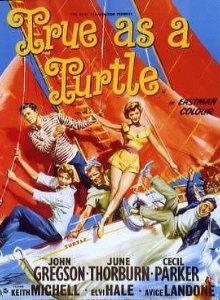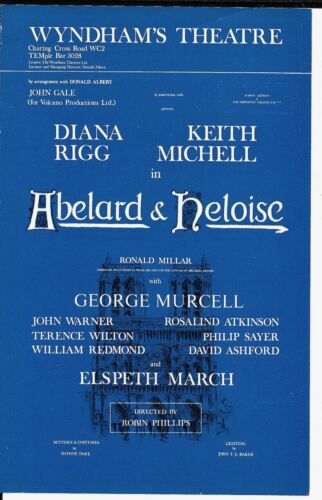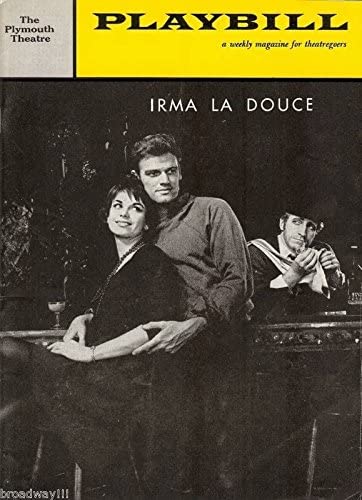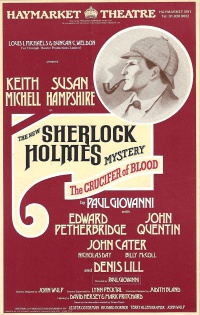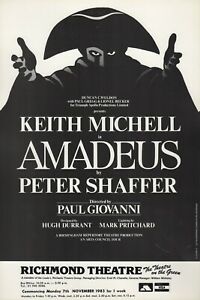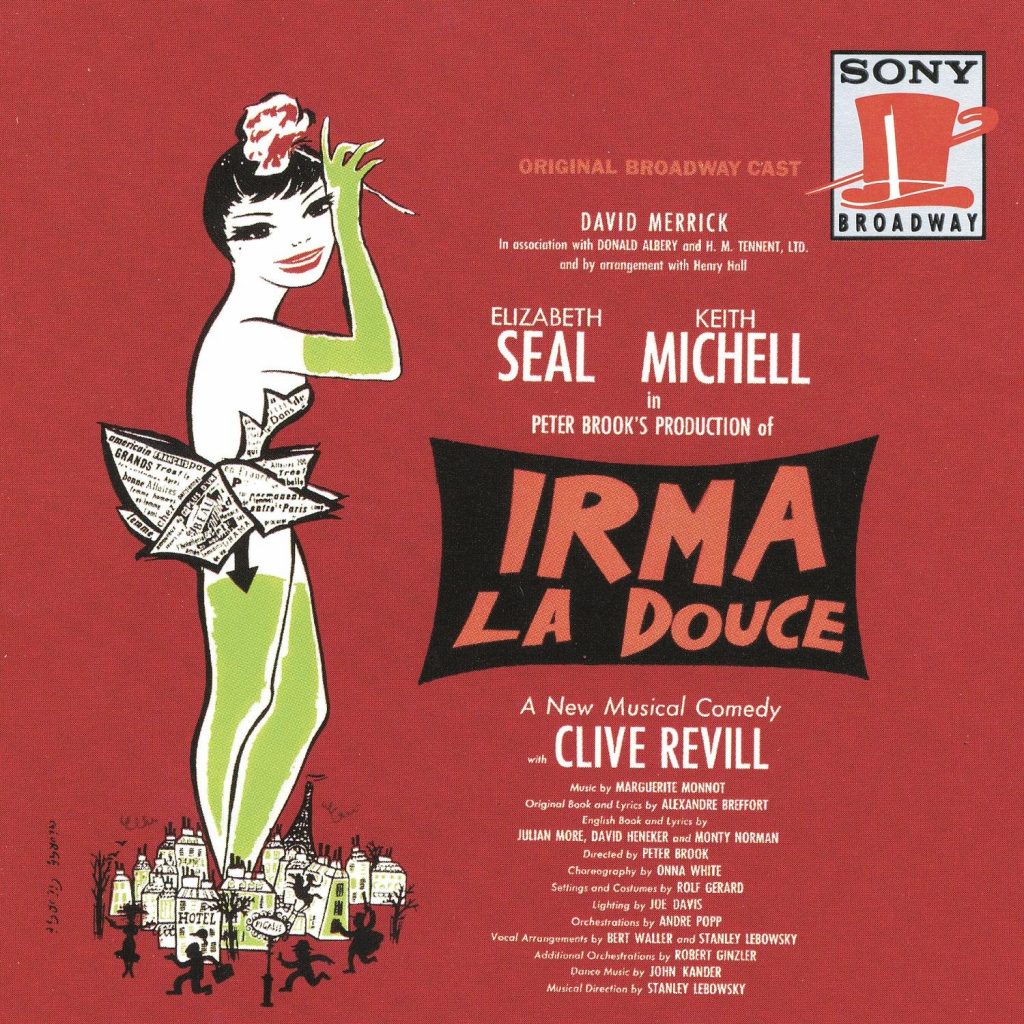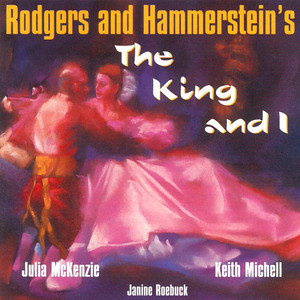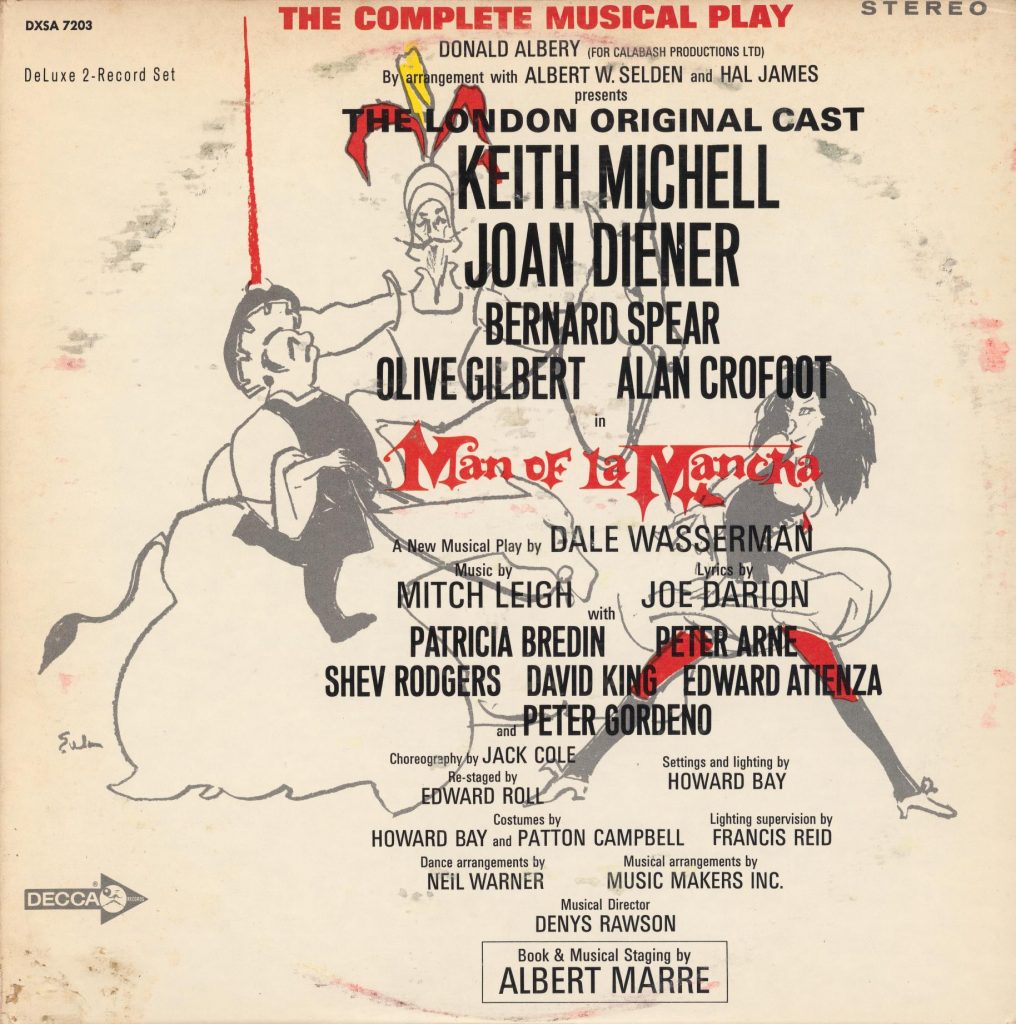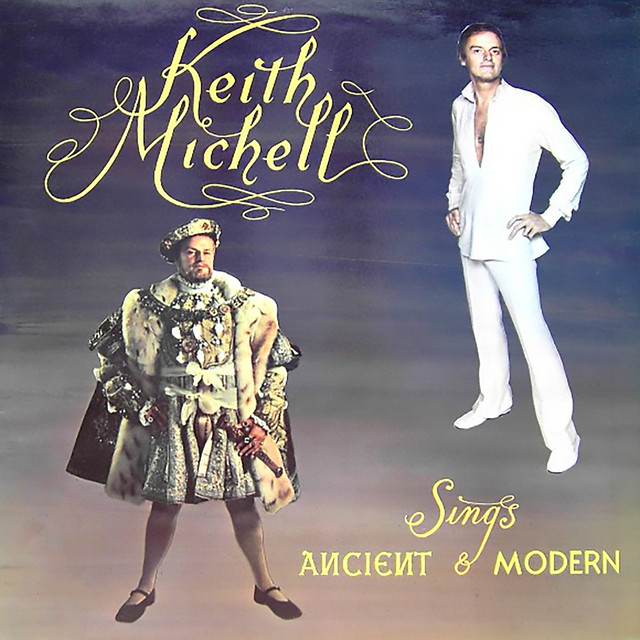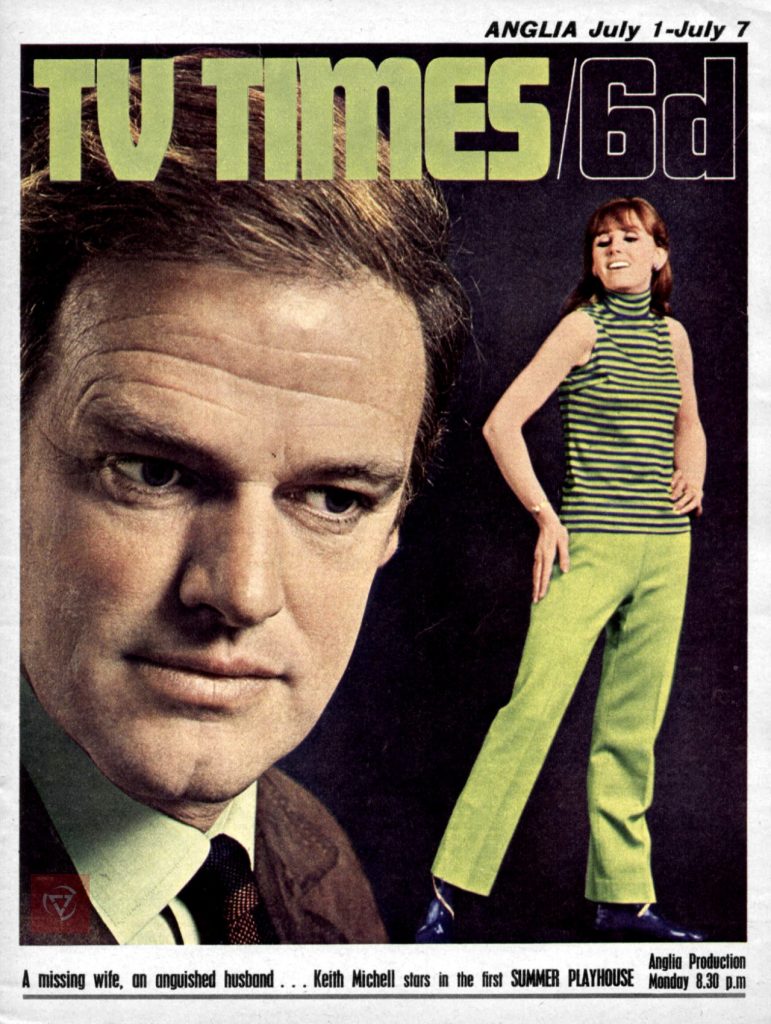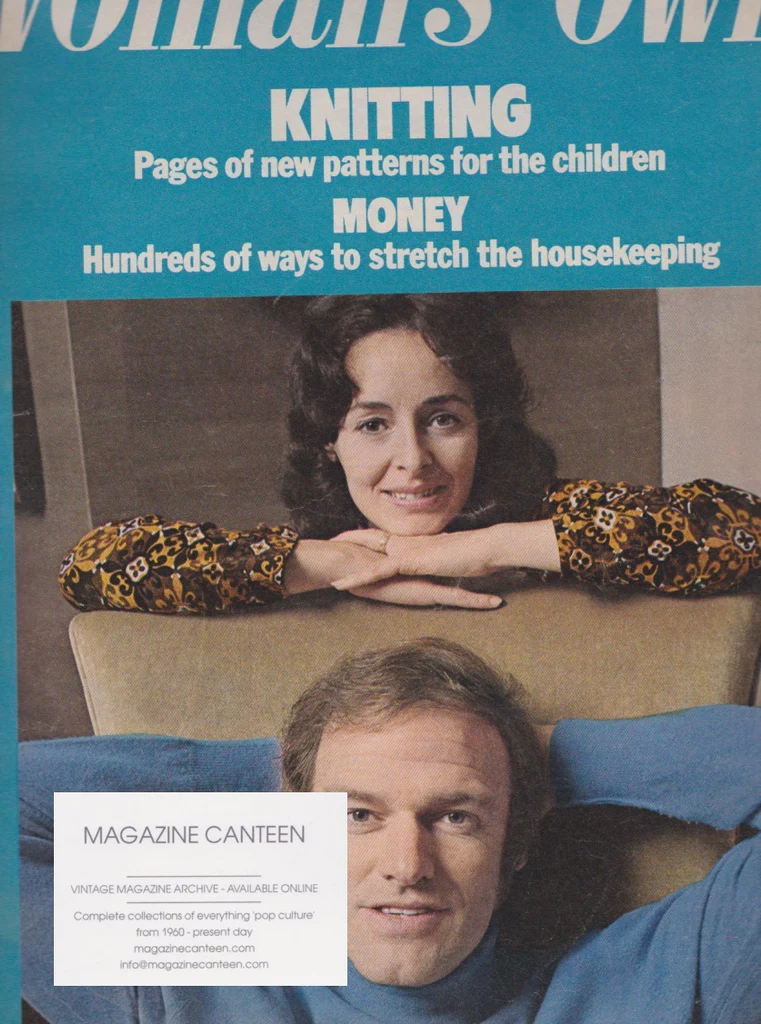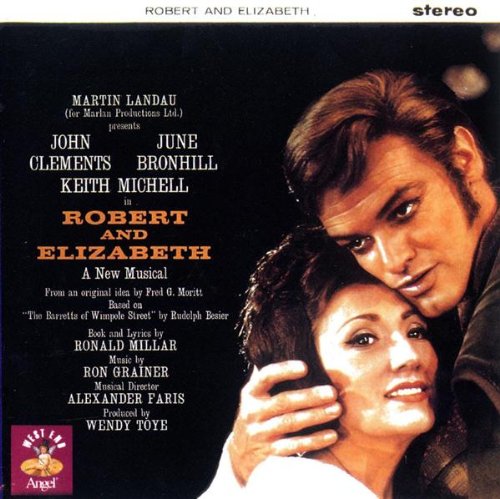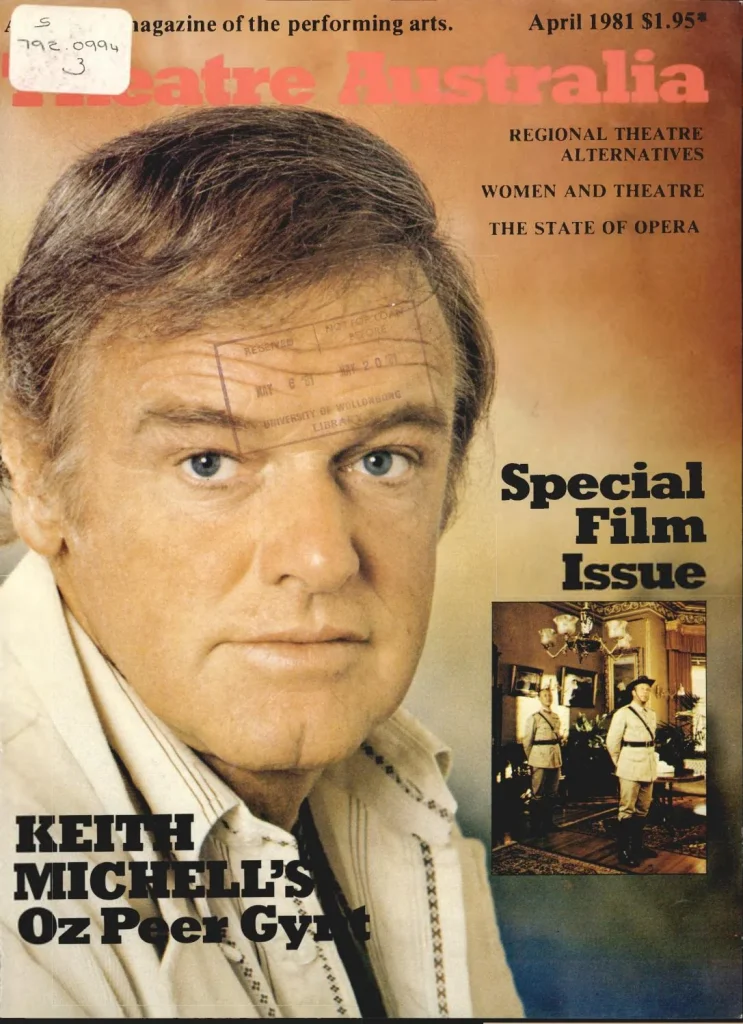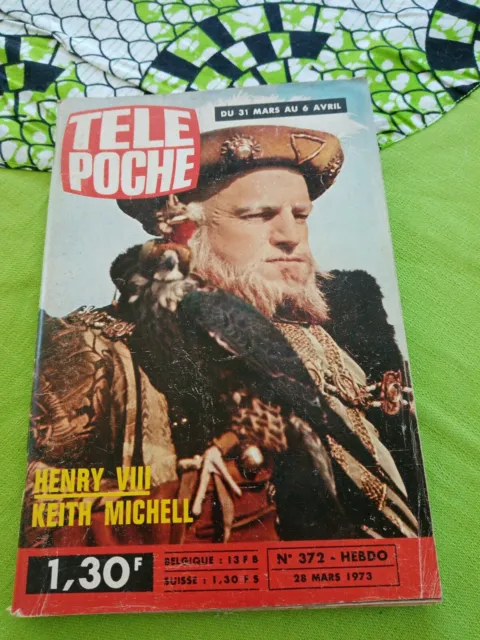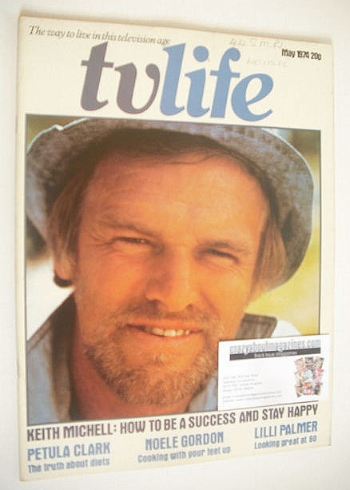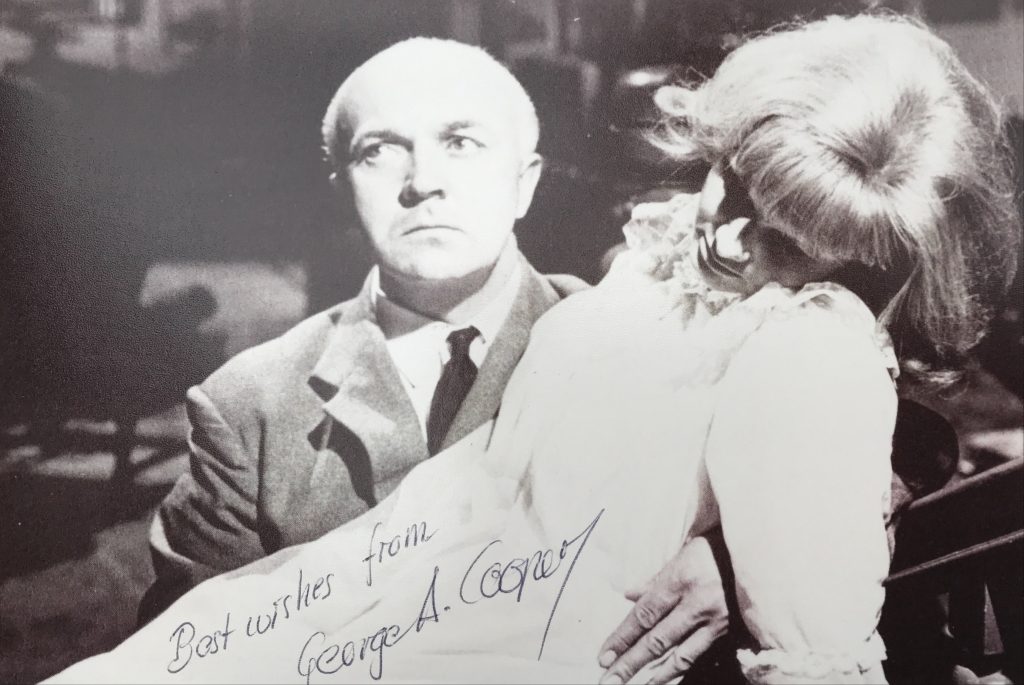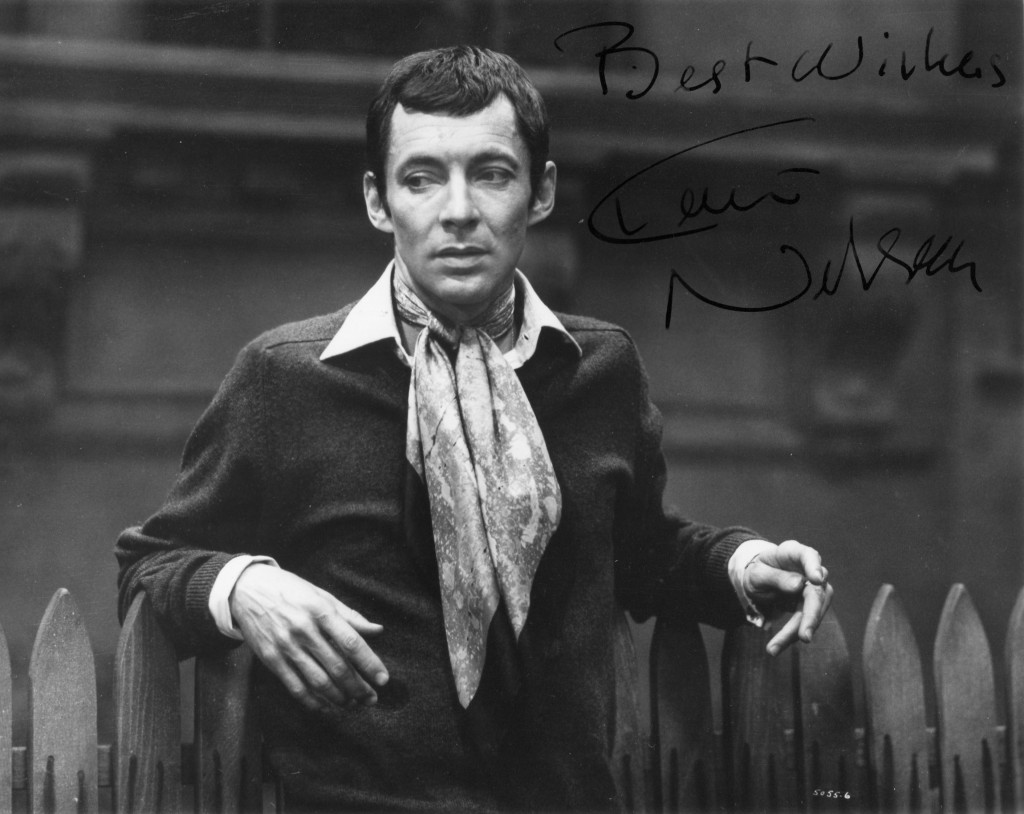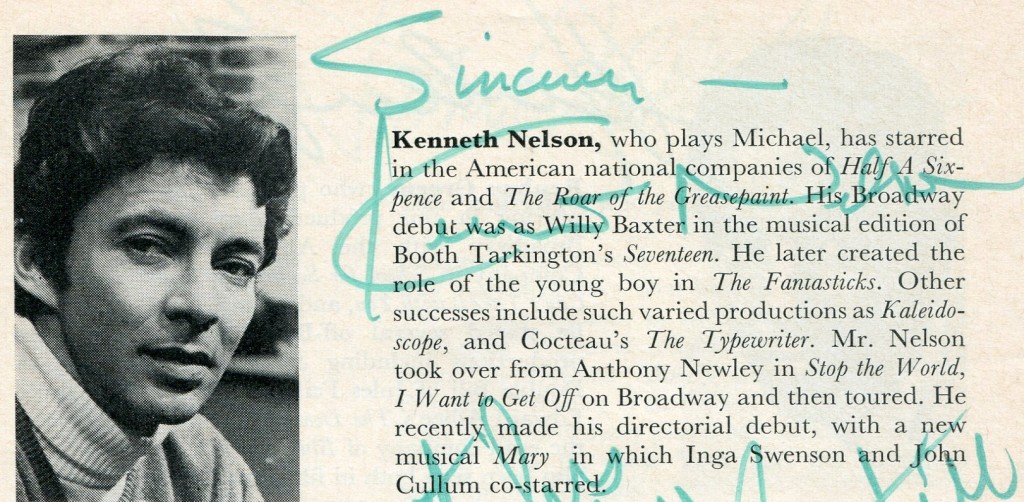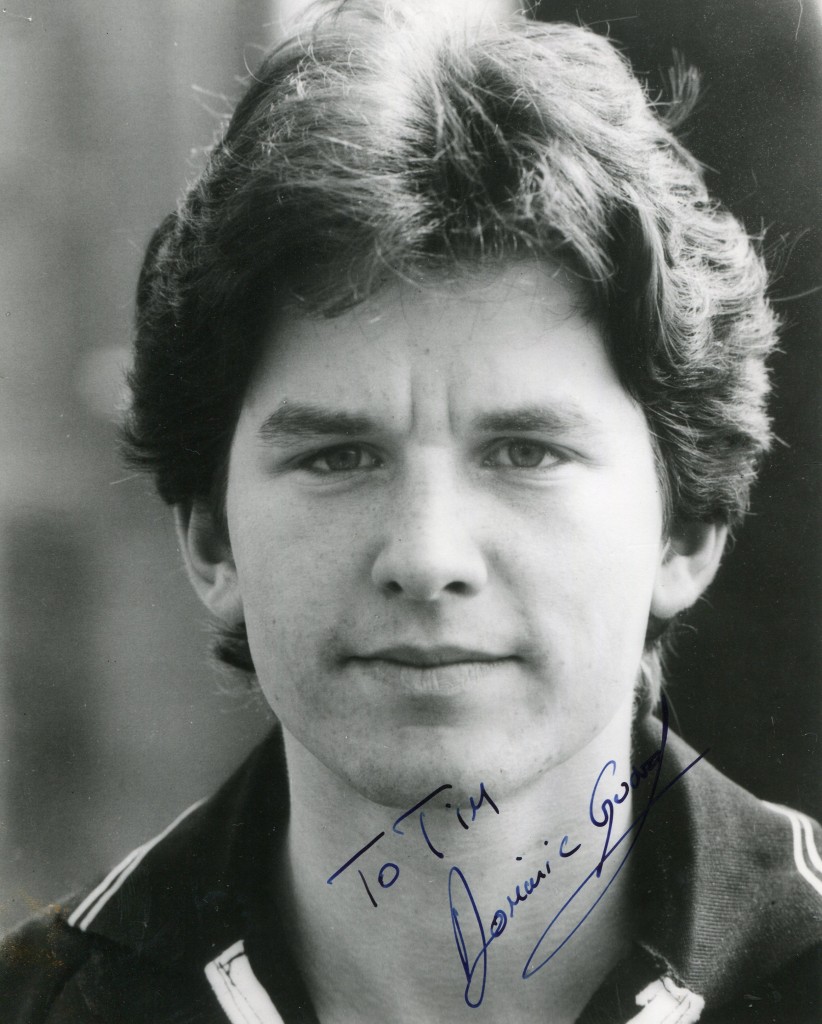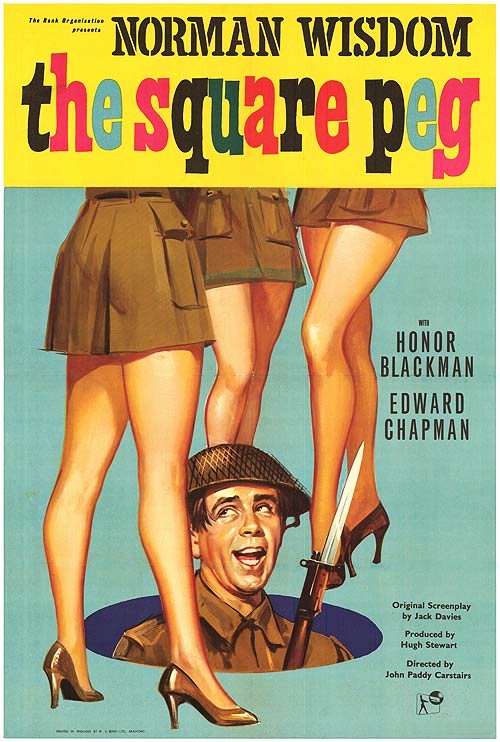
David Tennant was born in 1971 in West Lothian, Scotland. He is best known for his performance as “Dr Who”. He also played ‘Barty Crouch Jnr’ in “Harry Potter and the Goblet of Fire” in 2005. His other movies include “The Decoy Bride”.
TCM overview:
To much of the world’s television viewing audience, David Tennant was the tenth and arguably most popular incarnation of England’s iconic science fiction hero “Doctor Who” (BBC One 1963-1989, 2005- ), who took audiences by storm with the venerable science fiction television series’ revival in 2005. But the Scottish actor’s c.v. also included a lengthy, award-winning string of performances in classical and modern theater as well as numerous turns in British television dramas and comedies. But it was his vigorous and frequently amusing turn as the Doctor that not only restored much of the charm and appeal of the long-running series, which had been mothballed for nearly two decades prior to 2005, but also vaulted him to international fame. Unlike many of the other actors who played the Doctor during its five decade run, Tennant was successful in finding substantive work outside of the show, including appearances in “Harry Potter and the Goblet of Fire” (2005) and such highly praised small screen efforts as “Recovery” (BBC One 2007) and “Broadchurch” (ITV 2013- ).
Born David John McDonald on April 18, 1971 in the Scottish town of Bathgate, David Tennant was the son of a Presbyterian minister, the Reverend Alexander McDonald, and Essdale Helen McLeod, whose father, Archibald McLeod, was a champion footballer for Scotland in the 1930s. His fascination for acting developed at a very early age and was inspired in part by “Doctor Who,” of which he was a devoted fan. Tennant began acting in school productions during his time in primary and secondary schools, and soon added Saturday classes at the Royal Scottish Academy of Music and Drama to his training. He was admitted to the Academy at the age of 16, the same year he made his screen debut in an anti-smoking film produced by the Glasgow Health Board. At his time, he adopted the stage name of “David Tennant,” inspired by Pet Shop Boys singer Neil Tennant, because an actor named David McDonald was already registered with the Equity union. He graduated from the Academy with a Bachelor of Arts in acting and landed his first professional role in a production of Bertolt Brecht’s “The Resistible Rise of Arturo Ui” for the agitprop 7:84 Theatre Company. Roles on television soon followed, most notably his 1993 turn as a transsexual barmaid well loved by the patrons of her pub on the comedy “Rab C. Nesbitt” (BBC Two 1988-1999, 2008- ). The following year, Tennant earned his breakthrough role as a young bipolar patient/DJ at a hospital radio station on “Takin’ Over the Asylum” (BBC Scotland 1994).
A critically acclaimed appearance in a 1995 production of Joe Orton’s “What the Butler Saw” at the Royal National Theater in London underscored Tennant’s growing reputation as a stage star on the rise, which he soon cemented by joining the Royal Shakespeare Company in 1996. By 2003, he had netted Olivier and Ian Charleson Award nominations for performances in “The Comedy of Errors” and Kenneth Lonergan’s “Lobby Hero,” which translated into regular work as a guest star on episodic television. These efforts included appearances on the revived “Randall and Hopkirk (Deceased)” (BBC One 2000-2001) and the well-praised television version of “People Like Us (BBC Two 1999-2000). In 2004 and 2005, Tennant received critical praise for his comic performances in the BBC’s adaptation of Anthony Trollope’s “He Knew He Was Right” (2004) and the musical series “Blackpool” (BBC One 2004), as well as supporting turns in more dramatic fare like the live broadcast of “The Quatermass Experiment” (BBC Four 2005) and in “Casanova” (BBC Three 2005) as the legendary lover in his younger days. The last production was written by Russell T. Davies, who cast Tennant as the tenth incarnation of the Time Lord in his revival of “Doctor Who” that same year.
Tennant replaced Christopher Eccleston as The Doctor in the second season of the new “Doctor Who” and quickly became one of the most popular actors to personify the role in the course of its five-decade history. His Doctor combined the whimsy and eccentricity of Tom Baker’s Fourth Doctor with flashes of the steely reserve seen in Jon Pertwee’s Third Doctor, but was also shot through with streaks of loneliness and romantic longing that made him positively Byronic at times. Tennant was also a devotee of the series, which imbued both his performance and his promotional appearances outside the show with an infective enthusiasm that won him numerous fans. He participated in numerous related and spin-off projects, from audio plays by Big Finish Productions to the BBC’s charity holiday specials and “The Sarah Jane Adventures” (CBBC 2007-2011), which starred former Baker companion Elisabeth Sladen reprising her turn as the intrepid Sarah Jane Smith. For his performances on “Doctor Who,” Tennant won three National Television Awards and a BAFTA Cyrmu (BAFTA in Wales), but more importantly, his performance was crucial in reviving a moribund franchise and making it relevant to modern audiences. Fans would later name him the best Doctor in the history of the series by its official house organ, Doctor Who Magazine.
While appearing as the Doctor, Tennant also remained busy with numerous other projects, most notably as the villainous Barty Crouch, Jr. in “Harry Potter and the Goblet of Fire” (2005) and a 2005 production of “Look Back in Anger.” In 2008, he won rave reviews for his performance as Shakespeare’s “Hamlet” for the Royal Shakespeare Company, which was subsequently filmed as a BBC Two production the following year; his work as a charming psychopath in “Secret Smile” (ITV 2005) and as a brain injury victim in “Recovery,” also drew critical acclaim. These, along with turns in numerous episodic television series, promotional appearances, recordings for audio books and radio plays and even television advertisements, made Tennant one of the busiest and most in-demand performers in the United Kingdom between 2005 and 2009. At the end of that four-year period, Tennant decided to part ways with the Doctor with a quartet of four special episodes, culminating in “The End of Time” (BBC One 2010), which was seen by over 10 million viewers. While his final episodes aired, Tennant filmed a pilot for an American series, “Rex is Not Your Lawyer” (NBC 2009), about a panic-stricken Chicago lawyer who coached his clients while representing themselves. Though it received considerable media attention, the pilot was not picked up for broadcast.
Tennant worked steadily in the post-Doctor years, picking up a Best Actor nomination from the Royal Television Society Programme Awards as a photographer raising five children after the death of his partner in “Single Father” (BBC One 2010) while enjoying critical praise for appearances in “United” (BBC Two 2011) and the semi-improvised “True Love” (BBC One 2012). His fame as the Doctor won him opportunities in the States, but these efforts, including a remake of the 1985 horror film “Fright Night” (2012) and an audition to play Hannibal Lecter in NBC’s “Hannibal” (2013- ), received either a lukewarm response or failed to come to fruition, save for his spirited vocal performance as Charles Darwin in the Aardman Animation film “The Pirates! Band of Misfits” (2012). The U.K. remained his most diverse showcase, as evidenced by his antagonistic police detective hunting a child murderer in “Broadchurch” and his gifted barrister in “The Escape Artist” (BBC One 2013). That same year, two different factors of Tennant’s vast fan base were thrilled to hear that 2013 would not only see the actor reprise the Doctor for “The Day of the Doctor” (BBC One, 2013), a 75-minute special celebrating the 50th anniversary of “Doctor Who” by teaming the Tenth Doctor with his successor, Eleventh Doctor Matt Smith, but also a return to the Royal Shakespeare Company in a production of “Richard II.” In 2014, Tennant made his debut on American TV by starring in “Gracepoint” (Fox 2014), a limited-run American adaptation of “Broadchurch,” which had garnered both strong ratings and solid reviews when it was broadcast on U.S. television in the summer of 2013.
The above TCM overview can also be accessed online here.


